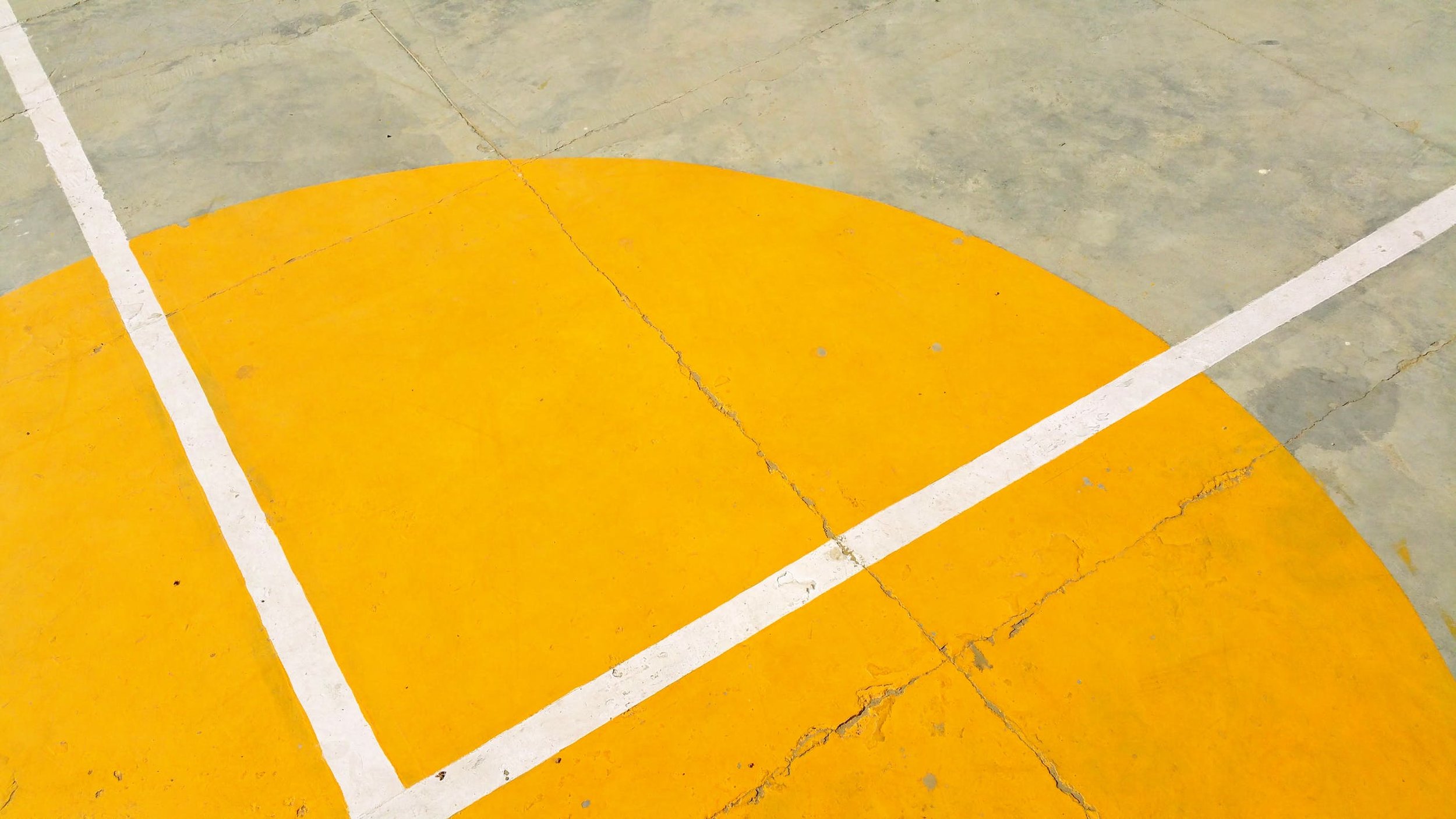ON WINNING || How to Play to Win and Still Be A Good Sport

Warren Buffet is notoriously competitive, and most successful people are innately competitive, but how can we be competitive, play with the intention to win, and still be a good sport about it?
I'm sure you have met your share of sore losers (and if anyone ever tries to engage me in a board game, I will shamelessly deny partaking, since I am the sorest of losers, so I have much to learn!), who are competitive, but lose their cool or resort to unsportsmanlike conduct when they lose.
How can you handle losing and other setbacks in life in a better way so that you can constructively learn from them? Here are 3 ways I would challenge you, and myself, to put into practice to become a better competitor.
- Reflect on WHY. When a competitor beats you at something you thought you were great at, do you resort to primal anger or do you take a moment to calm down and reflect on WHY they bested you? It is important to identify where they clearly excelled to find out where you could improve. Just like a sports team would record the number of passes, assists, shots on goal, and many other metrics for each player. Why wouldn't you treat every competition with the same level of observation?
- Reflect on HOW. Once you figure out where you need to improve, set about putting together a schedule to 'master' the skill. Just like the key teaching in the book 'Mastery' by Robert Greene, one must invest 10,000 hours to attain mastery of a skill. While that is a ballpark number, the key is that it requires a significant investment from you to get your skills to the next level. Again, going back to our sports example, do you need to work on your speed? Your passing? Your lay-up?
If it was for a business sales situation, do you need to work on your lead generation, sales meeting opener, or the close? Pinpoint what it is that you need to get better at, and then lay out step-by-step how you are going to master the skill. We all like to think we have a sense of direction, but let's be real, we have all resorted to Google Maps at some point. Having a roadmap for your goals will help you get there faster, so either type it into your phone or write it down on a notepad.
- Practice. Practice. Practice. There are numerous interviews and books written about successful athletes who credit their success to the endless hours they spent practising. You can't get great at something by simply thinking about it, you need to go out there and apply, and get better by simple trial and error. Yes, it is time-consuming, but the question is, how outstanding do you want to be? Do you want to be the best at something or just 'ok'?
Notice I didn't ask you to express false emotions of being happy for the winner if you clearly aren't. However, you don't need to badmouth anyone or attribute their win to 'just luck'. Just accept that you lost this time, but there are many more opportunities for you to take the win if you put all your energy behind building the skills and creating the circumstances required to you to win.
I am asking you to get better at what you do if you don't like losing.





